link to page 2 link to page 2 link to page 2 link to page 2 link to page 2 link to page 3 link to page 4 link to page 4 link to page 7 link to page 8 link to page 9 link to page 12 link to page 15 link to page 16 link to page 17 link to page 17 link to page 18 link to page 19 link to page 19 link to page 20 link to page 20 link to page 20 link to page 21
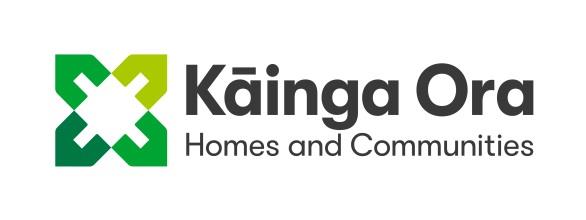 Policy guidance: Travel
F-132A
Policy guidance: Travel
F-132A
Issue date October 2019
Approved by
Kāinga Ora Board
Owner
DCE Finance
Author
Contents
Page
Purpose ............................................................................................................................................ 2
Principles .......................................................................................................................................... 2
Scope ................................................................................................................................................ 2
Contact for Help ............................................................................................................................... 2
Definition of Terms .......................................................................................................................... 2
1. Travel Profile ......................................................................................................................... 3
2. Travel Management Company .............................................................................................. 4
3. Air Travel ............................................................................................................................... 4
4. Domestic and Trans-Tasman Travel ...................................................................................... 7
under the OIA
5. International Travel ............................................................................................................... 8
6. Accommodation .................................................................................................................... 9
7. Rental Vehicles .................................................................................................................... 12
8. Personal Vehicle Usage ....................................................................................................... 15
9. Taxis, Ride Sharing and Shuttle Services ............................................................................. 16
10.
Telephone Usage ............................................................................................................. 17
11.
Meals ............................................................................................................................... 17
12.
Employee Expenses ......................................................................................................... 18
13.
Safety and Wellbeing ....................................................................................................... 19
14.
Compliance ...................................................................................................................... 19
Released
15.
Variations ......................................................................................................................... 20
16.
Personal and Spouse/Companion Travel ........................................................................ 20
Documents, Forms, Links and Other Information ......................................................................... 20
Document Control .......................................................................................................................... 21
Policy guidance: Travel
F-132A / Version 7
October 2019
Page 1 of 21
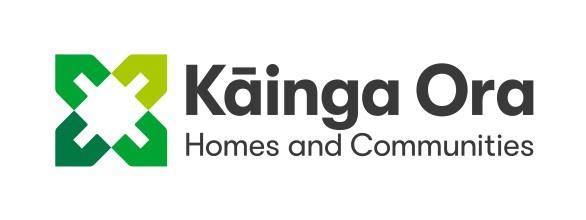 Purpose
Purpose
This document provides procedures and guidelines on acceptable practices and expenditure
related to business travel on behalf of Kāinga Ora – Homes and Communities.
Principles
Kāinga Ora employees should reach their destination healthy, safe and secure while
travelling domestically or internationally;
Alternatives to travel such as using video or teleconferencing must be considered as a
first option;
Any travel expenditure is moderate and conservative and can withstand audit,
parliamentary and public scrutiny; and
The risk of misconduct or perception of misconduct by Kāinga Ora employees is
minimised.
Scope
This policy and the related procedures apply to all Kāinga Ora Homes and Communities
employees engaged on any basis including Board members, casual and fixed term, contractors,
under the OIA
consultants, secondees and interns. Throughout the policy where ‘employee’ is referred to, this
includes members of the Board. It should be read in conjunction with the Travel Procedures.
Any travel must be signed off by the delegated authority before the travel is booked and/or
undertaken.
Contact for Help
Should you require help or information please speak with your manager for clarification
regarding this policy or the Travel Administration team for travel booking assistance.
Complaints or issues with any travel supplier are to be directed to the travel co-ordinator. Any
escalation issues are to be reported to Procurement.
Definition of Terms
Released
Business related travel and expenses – travel and expenses incurred by an individual employee
on behalf of Kāinga Ora for air travel, accommodation, vehicles, travel expenses, telephone
usage ad meals and non-alcoholic beverages.
Policy guidance: Travel
F-132A / Version 7
October 2019
Page 2 of 21
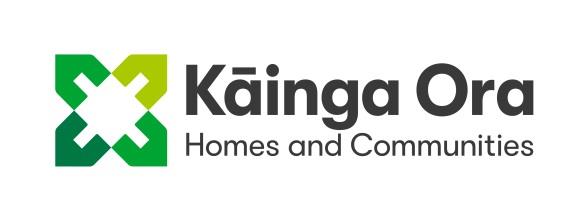 Contractor
Contractor – an external party invoiced at an hourly or daily rate to provide project
management, business analysis, technical architecture or subject matter expertise.
Delegated authority – delegated authority detailed in the Financial and Non Financial
delegations procedure designated to approve travel requests.
Employee – any person who works for Kāinga Ora including Board members, permanent,
temporary or casual employees. For the purpose of this policy, it can include any contractor or
employees of a contractor.
FlexiPurchase –
an expense management system which is Kāinga Ora’s online programme to
enable employees to manage credit card and expense claims online.
Procurement – provides guidance to Kāinga Ora’s business units on compliance with Kāinga Ora
and state sector policy and guidelines.
Travel co-ordinator – the
administration team at Auckland Central Regional Office (ACRO)
designated to book travel on behalf of a traveller.
Travel management company – is the outsourced provider of travel management services to
Kāinga Ora
. Orbit is currently Kāinga Ora’s contracted travel management company
Traveller – any person whose travel is paid for by Kāinga Ora.
1. Travel Profile
under the OIA
Step
Description
Role Responsible
All employees expecting to travel must complete and
submit
a traveller profile form to
Orbit the travel
1.1
management company. Travellers are responsible for all
traveller
personal travel information amendments and information
must be reviewed and updated annually.
Approvals for travel must be signed off by the delegated
authority before the travel is booked and/or undertaken.
The following approval delegations are:
delegated
1.2
domestic travel - line manager;
trans-Tasman – DCE (or equivalent);
authority
Released
international travel - Chief Executive;
Chief Executive international travel – Board Chair;
Board member international travel – Board Chair.
Policy guidance: Travel
F-132A / Version 7
October 2019
Page 3 of 21
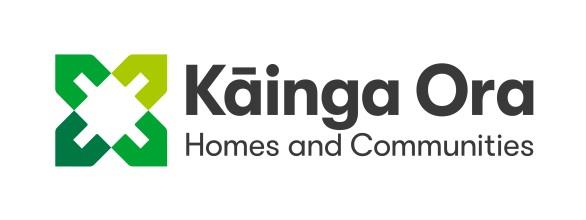
All travel requests will be reviewed in line with the Travel
1.3
Policy and Financial Delegations and approved or
traveller
otherwise accordingly.
When an employee leaves Kāinga Ora, their manager must
1.4
advise the
travel co-ordinator in order to delete the
manager
employee from the traveller’s profile list.
2. Travel Management Company
Step
Description
Role Responsible
Kāinga Ora’s current travel management compan
y is Orbit
and all travel must be booked through them. A designated travel co-
2.1
travel co-ordinator is the only person who can arrange
ordinator
travel bookings.
Travel bookings can only be made via
a designated travel
co-ordinator. Bookings for domestic, trans-Tasman and
travel co-
2.2
international travel can only be made using the travel
ordinator
request form
via My Support Portal.
The travel management company is prohibited from
travel
under the OIA
2.3
processing a booking without a valid Kāinga Ora cost
management
centre.
company
All domestic, trans-Tasman and international travel should administration
2. 4
be processed through th
e administration team (ACRO).
team
3. Air Travel
The guidelines for air travel are in three areas:
general;
domestic and trans-Tasman; and
international.
Released
Policy guidance: Travel
F-132A / Version 7
October 2019
Page 4 of 21
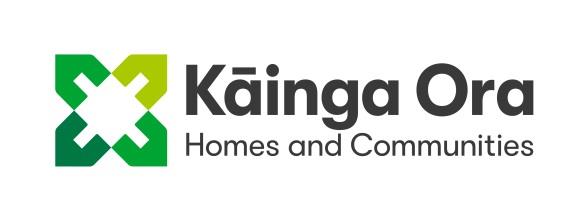
General
Step
Description
Role Responsible
Bookings
All bookings should be processed through the
administration team (ACRO) and all business travel will be
administration
economy class unless;
team / tier 2
3.1
manager / Chief
the relevant tier 2 manager (or equivalent) has
Executive
approved premium economy or business class
travel; or
the Chief Executive has approved first class travel.
Upgrade of flights
3.2
Upgrades are considered to be an inducement and under
traveller
the procurement policy are not permitted
Preferred airline
Domestic: Kāinga Ora must use the panel supplier as the
preferred choice for all domestic air travel if flight
availability and fare suits the organisation’s needs.
under the OIA
However, where flight availability or access to suitable
fares does not meet the needs of Kāinga Ora, we may
3.3
purchase from a non-panel supplier.
traveller
Trans-Tasman: airline selection is based on best fare
availability, most direct route to meet business
requirements.
International: alternative quotes should be sourced and
considered based on best fare availability and most direct
route to meet business requirements.
Cancellations
The travel management company must be advised if travel traveller / travel
Released
3.4
is no longer required and will either apply for a refund (if
management
applicable) or hold the fare as a credit for future use.
company
Consideration will be given to the cost associated to hold
as a credit.
Policy guidance: Travel
F-132A / Version 7
October 2019
Page 5 of 21
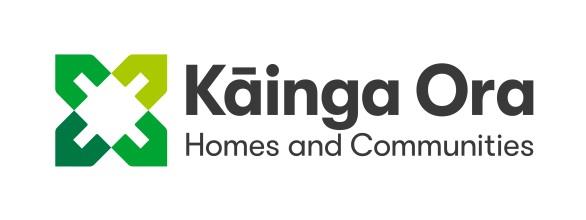 Step
Description
Role Responsible
Best available fare
Step
Description
Role Responsible
Best available fare
Travel co-ordinators must always book the lowest cost
airfares available (i.e. “best fare of the day”). It must be
travel co-
3.5
noted that where there is a differential in fare price of up
ordinator
to $30 between a panel supplier and a non-panel supplier,
then the panel supplier can be booked. Any greater than
$30 then best fare of the day must be booked.
Booking in advance
Every effort must be made to book travel at least 14 days
traveller / travel
3.6
prior to travel to secure the best available fare (Smart
Saver fare). The cost differential between Smart Saver and co-ordinator
other fare types is a key consideration when booking in
advance.
Airline club memberships
Employees who are expected to travel more that 24 trips
in the following year can apply to the relevant tier 2
manager (or equivalent) for a Kāinga Ora funded lounge
under the OIA
club membership.
3.7
A trip is defined as a unique ticket number. For example, a traveller
simple return trip will be one ticket number, one trip. In-
transit stops at airports will not affect this, and the trip will
still be covered by one ticket number. However, stopovers
requested by the traveller to conduct business at a specific
location may generate extra ticket numbers and will
therefore result in extra ‘trips’ being counted.
Employees travelling together
Kāinga Ora employees travelling together on the same
flight must not exceed half of any team critical to Kāinga
3.8
Ora. No more than half of the Executive team should
traveller
Released
travel together. Deviation from this must be approved by
the relevant tier 2 manager (or equivalent) or Chief
Executive.
Policy guidance: Travel
F-132A / Version 7
October 2019
Page 6 of 21
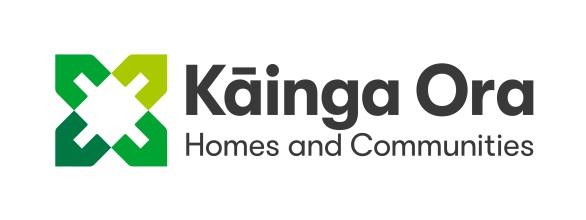 Step
Description
Role Responsible
Excess baggage
Step
Description
Role Responsible
Excess baggage
Excess baggage is at a personal cost to the traveller. The
3.9
exception is where the traveller is carrying heavy or bulky
traveller
materials or equipment necessary to conduct business and
any excess baggage costs will be paid by Kāinga Ora.
Amendments
During business hours flights can be amended by
contacting the relevant travel co-ordinator. If flights need
to be amended urgently (outside business hours),
traveller / travel
3.10
employees are to contact the travel management
co-ordinator
company as soon as possible. Amendments must be made
on a best fare available basis (where applicable) and the
relevant travel co-ordinator must be contacted and
advised of the changes as soon as possible.
Travel insurance
Travel insurance for international travel is covered by
traveller /
3.11
Kāinga Ora’s insurance policy. A card will be issued by
under the OIA
Kāinga Ora’s preferred travel insurer for travel insurance.
Procurement
Any travel related insurance claims must be submitted to
Procurement as soon as practicably possible.
Lost or stolen airline tickets
The traveller is responsible for the cost of any fees
3.12
charged by the airline carrier for processing a lost ticket
traveller
application. All stolen tickets will be covered by Kāinga
Ora’s insurance policy.
4. Domestic and Trans-Tasman Travel
Step
Description
Role Responsible
Released
Approvals
manager
3.13
All domestic and trans-Tasman travel approvals must be
approved as per section 1.2 of this document.
Policy guidance: Travel
F-132A / Version 7
October 2019
Page 7 of 21
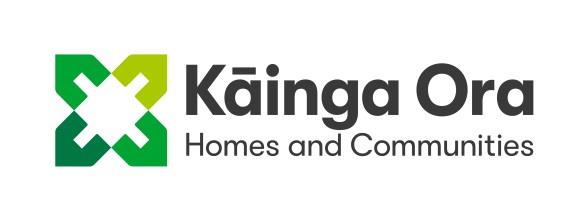 Step
Description
Role Responsible
Bookings
Step
Description
Role Responsible
Bookings
administration
3.14
Bookings for domestic and trans-Tasman travel must be
team
made in line with section 3.1 of this document.
Airline class of travel
3.15
Economy class is the only class available on domestic and
traveller
trans-Tasman flights.
5. International Travel
Step
Description
Role Responsible
Approvals
Overseas travel requires a formal application to the Chief
Executive via the relevant tier 2 manager (or equivalent). administration
Overseas travel by the Chief Executive requires a formal
team / Chief
3.16
application to Kāinga Ora’s Board Chair. Applications are Executive/Board
to be made in writing, specifying the reason for the
Chair
travel and the estimated cost including accommodation
under the OIA
and ancillary expenses. All international travel bookings
must be approved as per section 1.2 of this document.
Bookings
administration
3.17
Bookings for international travel must be made in line
team
with with section 3.1 of this document of this document.
Airline class of travel
The following rules will determine the class of travel for
international travel:
if the flight is less than six hours, travel is in
3.18
traveller
economy class;
Released
if the flight is greater than six hours but less than
12 hours travel may be at premium economy. If
premium economy is not available business class
may be used;
if the flight is greater than 12 hours, travel may
Policy guidance: Travel
F-132A / Version 7
October 2019
Page 8 of 21
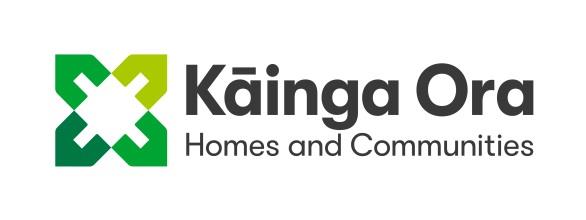 Step
Description
Role Responsible
Step
Description
Role Responsible
be at business class.
The cost for business class travel must be included within
the business case submitted for approval. The price
3.19
traveller
differential between the two classes of travel is
approximately double the cost.
6. Accommodation
Step
Description
Role Responsible
Standard hotel rooms should be booked within New
Zealand using the following criterion:
cap: $160 + GST per night in the four main
centres listed below
Auckland
Wellington
Christchurch
Dunedin
cap: $140 + GST per night for all other locations;
under the OIA
Kāinga Ora’s
preferred accommodation is to be
booked via the travel co-ordinator/management
4.1
company;
traveller
proximity to business locations (that is, meeting
location, Kāinga Ora’s offices);
non-smoking rooms, unless specifically requested
by the traveller.
There are no exceptions to the above criteria,
unless following situations occur:
unavailability of rooms at Kāinga Ora’s preferred
accommodation;
an event may be at a specific accommodation;
Kāinga Ora’s preferred accommodation is not in
Released
proximity to business location.
Policy guidance: Travel
F-132A / Version 7
October 2019
Page 9 of 21
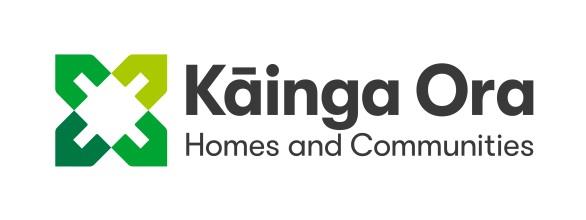 Step
Description
Role Responsible
Step
Description
Role Responsible
When accommodation is not booked in accordance with
this policy, the travel management company will note
exceptions and will be included in periodic reporting to
the tier 2 manager (or equivalent) for review and
escalation.
The travel management company provides a charge back
facility for all domestic, trans-Tasman and international
travel items set out below. Arrangements for charge
back will be made by the travel management company at
the time of booking. The following are acceptable charge
back items to Kāinga Ora:
room;
meals taken at the hotel restaurant (refer to the
traveller / travel
Meals section of this document);
4.2
management
business phone calls and internet usage; and
company
parking.
A Kāinga Ora purchase card should not be used to pay
for these charges incurred at the accommodation venue.
under the OIA
Travellers who dine outside of the hotel restaurant can
charge meals to their purchase card.
All other items must be settled directly with the hotel by
the traveller at check-out. Hotels require credit card
details at check in as a security guarantee against costs
incurred not covered by the charge back facilities.
Travellers are requested to comply with this
requirement. If this is not possible, the traveller should
notify the travel management company at the time of
the booking to arrange alternative arrangements.
Released
Policy guidance: Travel
F-132A / Version 7
October 2019
Page 10 of 21
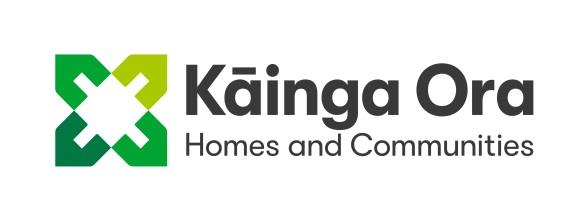
International accommodation
For international accommodation travellers must book
accommodation that provides reasonable levels of
service and comfort at the most economic cost to Kāinga
4.3
Ora, not exceeding the 4 Star level. This cost may exceed traveller
the cap outlined in section 4.1.
International hotels will not accept charge back.
Accordingly, it is the responsibility of the traveller to
settle the account on check out
Hotel upgrades
4.4
Requesting a room upgrade is not permitted as it could
traveller
be viewed as soliciting an inducement. If an upgrade is
freely offered, it is acceptable to take up the offer.
Step
Description
Role Responsible
Accommodation in a private residence
Travellers may stay in a private residence with family or
friends while travelling on business. An allowance of $50
4.5
(incl. GST) per night may be claimed with the manager's
traveller
under the OIA
prior approval. This applies to accommodation only. The
meal allowance will still apply. Refer to section 9.1 in this
document.
Released
Policy guidance: Travel
F-132A / Version 7
October 2019
Page 11 of 21
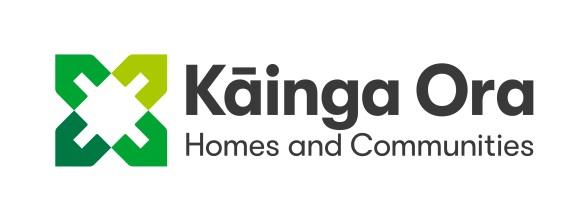 7. Rental Vehicles
Step
Description
Role Responsible
Preferred rental car provider
7. Rental Vehicles
Step
Description
Role Responsible
Preferred rental car provider
Travellers are required to use the preferred rental car
provider,
Avis www.avis.co.nz. All Avis vehicles comply
with Kāinga Ora’s vehicle standards.
Avis must be used unless:
the required vehicle type is not available (station traveller
5.1
wagons and vans only);
a branch of Avis is not located where required.
In the event of unavailability, the travel
management company has the discretion to book
vehicles via the backup provider –
Hertz. Any
quality issues with the rental vehicles should be
referred to the relevant Avis or Hertz branch.
The travel management company provides a
charge back facility for all rental vehicles.
under the OIA
Released
Policy guidance: Travel
F-132A / Version 7
October 2019
Page 12 of 21
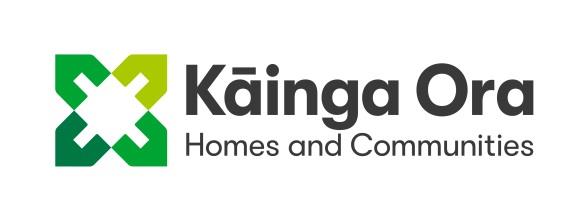 Step
Description
Role Responsible
Rental car guidelines
Step
Description
Role Responsible
Rental car guidelines
Travellers must use a rental vehicle car to travel when
driving:
is more cost effective than airline travel; and
is more cost effective than other transportation
modes (that is, taxis, airport shuttles).
Travellers are expected to select the most
economic option dependant on requirements, for traveller
example, number of passengers, distance to be
5.2
travelled and luggage capacity.
Travellers must refuel the vehicle prior to drop-
off. Higher fuel charges will be applied if the
vehicle is refuelled by the preferred rental
provider.
The employee driving the car is personally liable
for any parking or traffic offences.
Private use of a rental car is not permitted, unless
prior approval from the delegated authority is
obtained.
under the OIA
If any damage occurs to a rental vehicle, under all
circumstances Avis’ Accident Report Forms (ARF) are to
be completed. These details will then be forwarded
5.3
traveller
(including completed ARF) on to Avis’ insurance company
who will deal directly with Kāinga Ora’s insurance
company.
Employees travelling together
traveller
5.4
The number of company personnel travelling together in
the same rental vehicle must not exceed half of any team
critical to the organisation
Released
Policy guidance: Travel
F-132A / Version 7
October 2019
Page 13 of 21
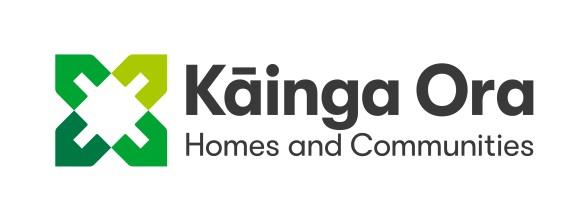 Step
Description
Role Responsible
Car vehicle groups
Step
Description
Role Responsible
Car vehicle groups
Kāinga Ora book the following car vehicle groups:
A – sub compact (manual, 1.3 litre);
B – compact (manual, 1.8 litres);
C – compact (automatic 1.8 litre);
D – Intermediate (automatic, 2.2 litres). May only
be used where specifically approved by the
delegated authority within the following criteria:
traveller
travelling over 200 kilometres per day;
5.5
carrying more than three Kāinga Ora passengers;
Heavy or bulky material or equipment needs to
be transported.
K – eco friendly (automatic, 1.5 litre);
P – 4WD intermediate (automatic, 2.4 litres).
When weather and road conditions warrant it
and approved by the delegated authority;
V – Premium van (automatic, 2.4 litres). When
there are five or more travellers or heavy or bulky
material or equipment to be transported.
under the OIA
Vehicle rental insurance
Domestic rentals
5.6
traveller
Travellers are not required to take out additional
insurance cover. Note: Kāinga Ora cover against damage
for domestic car rentals while on Kāinga Ora business.
International rentals
5.7
Travellers should accept all insurance coverage when in a traveller
foreign country. Note: Insurance coverage purchased in
foreign countries is reimbursable.
Personal rentals
Released
5.8
Rental vehicles booked for personal use are not covered
traveller
under Kāinga Ora Kāinga Ora’s insurance policy and so
insurance cover is required to be taken.
Policy guidance: Travel
F-132A / Version 7
October 2019
Page 14 of 21
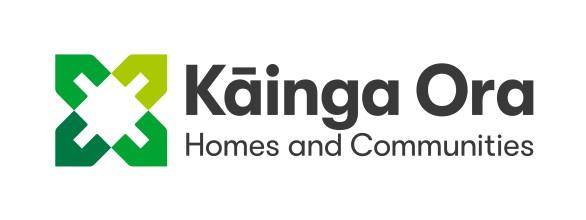 Step
Description
Role Responsible
Vehicle hire club memberships
Step
Description
Role Responsible
Vehicle hire club memberships
Avis membership is free of charge. Kāinga Ora travellers
are advised to apply for membership to reduce the time
required to complete rental documentation upon pick-
5.9
up. Application forms are available from travel co-
traveller
ordinators or online at
www.avis.co.nz.
Travellers may participate in other vehicle hire club
membership programmes at their own expense or if they
are free of charge.
Vehicle upgrades
5.10
Upgrades are considered to be an inducement and under traveller
the Procurement policy are not permitted.
Cancellations
travel
5.11
Cancellations will be processed by the travel
management
management company to minimise fees.
company
under the OIA
8. Personal Vehicle Usage
Step
Description
Role Responsible
With prior approval by the relevant line manager, a
private vehicle may be used for business use where;
it is more efficient or more cost effective than
hiring a car;
a pool car is unavailable.
traveller /
In these instances, Kāinga Ora will pay the
6.1
manager
mileage rate as specified by Inland Revenue.
Please refer to
http://www.ird.govt.nz/business-
income-tax/expenses/mileage-rates/ for the
current rate.
Released
Use of personal vehicles should be avoided if
possible due to insurance issues. It is the
responsibility of the employee to make sure the
vehicle is roadworthy and insured. In the event of
Policy guidance: Travel
F-132A / Version 7
October 2019
Page 15 of 21
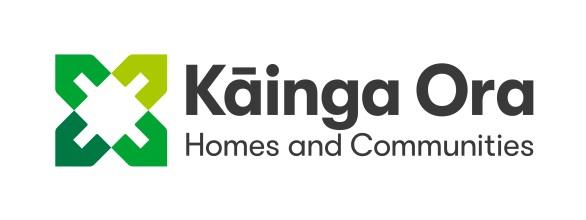 Step
Description
Role Responsible
Step
Description
Role Responsible
an accident when on company business, there
will be no recourse to Kāinga Ora.
9. Taxis, Ride Sharing and Shuttle Services
Step
Description
Role Responsible
Employees should use the most cost effective, efficient,
safe and practical mode of transport: buses, rail, ride
sharing, taxis, shuttles, or rental vehicles depending on
the circumstances.
Employees travelling to the same location should share
transport wherever practical.
Taxis may be used where:
a Kāinga Ora owned vehicle is unavailable;
it is the most cost-effective, efficient and safe
mode of transport; and
prior approval is given within delegated
under the OIA
authority.
Use of Kāinga Ora taxi cards will remain a process traveller
7.1
where employees must act in good faith.
All employees must consider the following prior
to Kāinga Ora funded taxi travel:
are there effective alternatives to this travel –
public transport, walk, teleconferencing, video
conferencing etc;
is the travel request directly work related?
Under no circumstances should any of the following
occur:
travel home after social functions; and
personal taxi travel.
Released
At times employees will represent Kāinga Ora at
official functions (for example, award
ceremonies). Taxi usage is permitted for these
events if it is clearly the most efficient form of
Policy guidance: Travel
F-132A / Version 7
October 2019
Page 16 of 21
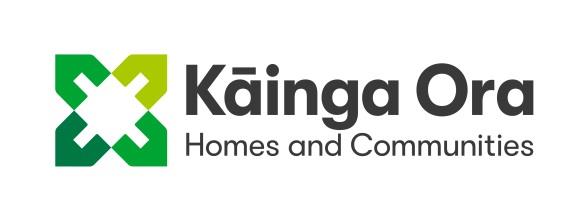 Step
Description
Role Responsible
Step
Description
Role Responsible
transport and approved in advance by the
employees’s line manager.
For the avoidance of doubt, social or
entertainment events arranged by vendors or
other stakeholders do not constitute official
functions, even if Kāinga Ora business may be
discussed at these events. Employees should
make their own travel arrangements to and from
these events. If this travel involves use of a
private vehicle employees should abstain from
alcohol at the event.
Where there is considerable distance / cost
associated with taxi travel (for example, to and
from the airport), employees must consider
alternatives to taxi travel. This may include
airport shuttle and car hire (with GPS if
necessary).
Payment for taxis can be charged on a Kāinga Ora
purchase card, taxi card or taxi voucher. Taxi
voucher books are held in each office. All taxi
under the OIA
vouchers and cards are to be kept in a safe place.
Procurement and the taxi card company must be
notified in the event a taxi card is lost or stolen.
10. Telephone Usage
Step
Description
Role Responsible
8.1
When employees are on official travel for more than a
traveller
day, then a call of reasonable duration with those
important to the employee is considered reasonable.
Employee mobile phones are to be used for calls while
away as accommodation telephones incur additional
charges.
Released
11. Meals
Step
Description
Role Responsible
Policy guidance: Travel
F-132A / Version 7
October 2019
Page 17 of 21
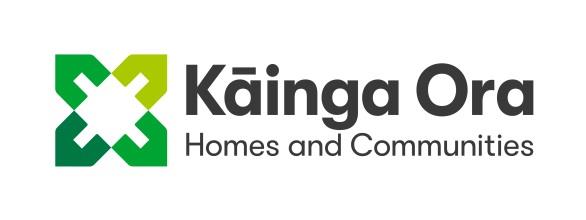 Step
Description
Role Responsible
Step
Description
Role Responsible
9.1
Kāinga Ora will reimburse the traveller actual and
traveller
reasonable meal expenditure incurred during approved
business travel away from the normal geographical work
area of the employee and outside of their normal
working hours. This is subject to a maximum meal
allowance of:
$80 (incl. GST) per overnight stay, over the period
of travel; where overnight stay is necessary;
$35 (incl. GST) where no overnight stay is
required, and travel is greater than 12 hours;
$15 (incl. GST) where no overnight stay is
required and travel is less than 12 hours.
Without exception, alcohol (including mini bar
expenses) purchases by an employee will not be
reimbursed by Kāinga Ora and any costs incurred
relating to alcohol will be the responsibility of the
employee.
12. Employee Expenses
under the OIA
Step
Description
Role Responsible
Reimbursement for expenses incurred on Kāinga Ora
business paid for by the employee and authorised as
10.1
traveller
business travel expenses must be documented on the
FlexiPurchase website.
Personal expenses incurred while on business travel
10.2
must not be charged back to Kāinga Ora or included on
traveller
Kāinga Ora purchase cards.
When more that one employee from the same branch or
group is attending an event where business related
10.3
Traveller
travel expenses are incurred, the most senior employee
Released
must incur the expense.
International travel
traveller /
10.4
An employee’s claim on th
e FlexiPurchase website must
manager
be submitted to the line manager for approval.
Policy guidance: Travel
F-132A / Version 7
October 2019
Page 18 of 21
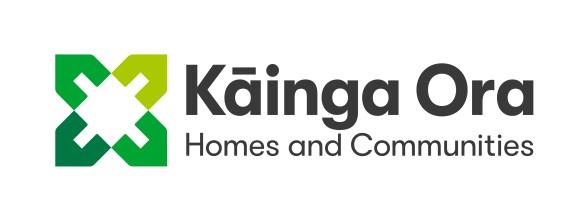 Step
Description
Role Responsible
Step
Description
Role Responsible
Reimbursement of business related travel expenses will
be made on the basis of evidence being provided (tax
invoices/receipts) as proof of payment and considered to
be reasonable.
13. Safety and Wellbeing
Step
Description
Role Responsible
When selecting travel options, employees should
balance business requirements with safety and wellbeing
obligations.
traveller
11.1
Employees using a vehicle will not use cell phones while
driving. If a cell phone is being used, the vehicle should
be stopped.
If an employee sustains an injury during travel, they must
complete the details of the injury in
HR Hub available on
traveller
11.2
the intranet as per Kāinga Ora’s incident management
process.
under the OIA
14. Compliance
Step
Description
Role Responsible
All travellers will comply with this travel and expenses
policy.
12.1
Kāinga Ora will not reimburse or pay for any expenditure traveller
incurred where travel and expenses policy have not been
adhered to.
travel
The travel management company will monitor
management
12.2
compliance with this policy. Concerns regarding the
company /
Released
policy should be referred to th
e Procurement team.
Procurement
Policy guidance: Travel
F-132A / Version 7
October 2019
Page 19 of 21
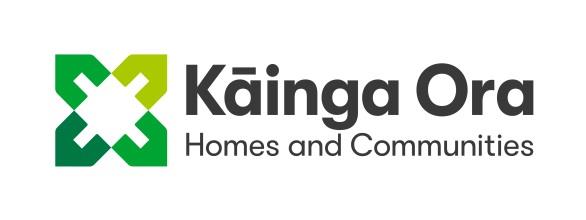 15. Variations
Step
Description
Role Responsible
15. Variations
Step
Description
Role Responsible
13.1
Exceptions or variations to these policies must be
traveller / travel
approved by the Chief Executive on a case by case basis.
management
company
The travel management company will question non-
compliant bookings and record the reason why, for
reporting to the Executive team. Employees are
expected to provide this information freely.
16. Personal and Spouse/Companion Travel
Step
Description
Role Responsible
Personal travel may be combined with business travel if
at no additional cost to Kāinga Ora. All personal travel
expenses are to be met by the traveller. Personal travel
may be booked via the travel management company.
A spouse or other individual may accompany an
under the OIA
14.1
employee on a business trip at the employee's expense.
traveller
A personal credit card number must be provided at the
time of booking any spouse/companion travel. Kāinga
Ora will not reimburse expenses incurred by or on behalf
of any accompanying person, unless they are a Kāinga
Ora employee on legitimate business or the expenses
have been authorised by the Chief Executive.
Air travel may not be downgraded to cover any personal
14.2
traveller
travel expenses, even if the cost to Kāinga Ora is lower.
Documents, Forms, Links and Other Information
Related Kāinga Ora procedures:
Released
Travel procedures
Related Kāinga Ora policies:
F-201 Financial and non financial delegations
Policy guidance: Travel
F-132A / Version 7
October 2019
Page 20 of 21
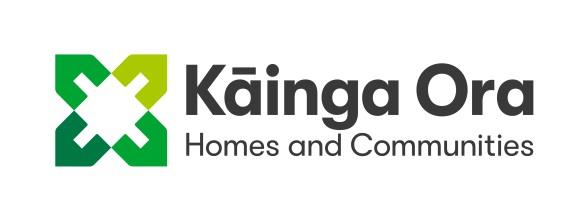
F-219 Discretionary expenditure
ICT Acceptable Use
Code of Conduct
Health, Safety and Wellbeing policy
F-107 Services and supplies
F-114 Employee expenditure
R-105 Records retention and disposal
Relevant legislation, regulations and standards:
Public Finance Act 1989
State Sector Act 1988
Health and Safety at Work Act 2015
Employment Relations Act 2000
SSC Standards of Integrity and Conduct
Forms:
F-383 Approval for international travel
Travel request form via My Support Portal
Traveller profile form
Internet tools:
under the OIA
www.flexipurchase.com
www.orbit.co.nz
http://ourspace/need/tools/hr-hub
Document Control
Date
Reviewed/Modified by
Comments/Descriptions of changes
22 July 2019
Shelley Tyson – Principal
Updated from HNZ Travel and Expenses policy
Advisor, Transition Team,
for use by Kāinga Ora
Entity Establishment Unit
August 2019
Sue Wray – Legal Counsel
Compliant
HNZ
Details of previous versions of policies and procedures will be stored in Kāinga Ora’s document
management system (Objective).
Released
Policy guidance: Travel
F-132A / Version 7
October 2019
Page 21 of 21




















